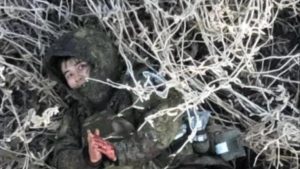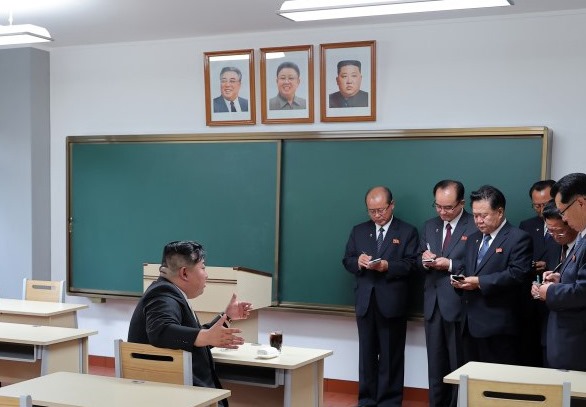
The pandemic was a difficult time for North Korean citizens, but it was also a severe ordeal for the North Korean regime. The financial shock that the pandemic inflicted on the regime is evident in various statistics. Following up on the previous article, ASIAPRESS examines the regime's harsh policy of exploiting its citizens to secure tax revenue during the pandemic. (JEON Sung-jun)
◆ 'A Country Without Taxes'
On April 1, 1974, North Korea officially abolished its tax system through the Supreme People's Assembly decree "On Completely Abolishing the Tax System" and has since promoted itself as the "first country in human history without taxes."
A joyous occasion, a joyous occasion
Our country has a joyous occasion
Even taxes, which have come down for thousands of years
Have disappeared
Ah - a country good to live in
Wherever you go, there's joy;
wherever you go, there's happiness
The above lyrics from "Our Country Without Taxes," a song created and distributed by North Korea to promote its regime, now sound like a mockery of North Korean society in 2024. North Korea has now become a model of a 21st century predatory state, ruthlessly exploiting its citizens.
According to North Korean defectors interviewed by ASIAPRESS, the regime's policy of excessive exploitation reached its peak during the pandemic period, causing severe damage and resentment among the population.
◆ 'Are they only investigating how to suck money out of the people?'
According to defectors' testimonies, various types of taxes have increased significantly in North Korea during the pandemic. Surprisingly, contrary to the slogan of "a country without taxes," this exploitation by North Korean authorities has a legal basis.
Article 62 of North Korea's National Budget Revenue Law, enacted in 2005 and revised in 2011, states that "citizens shall pay a portion of the income earned from legal economic activities in places such as markets to the relevant agencies, enterprises and organizations." Article 39 of the same law also stipulates that real estate usage fees must be paid to the state.
Kim Chung-yeol, who operated a fishing boat in Hwanghae Province, testified that real estate taxes do indeed exist:
"Even to build a boat, you have to pay land tax first. It's also called land tax. Because you have to use a considerable amount of land around to build a boat, you have to pay for it."
Kang Gyu-rin also said:
"Even to run a pharmacy, you have to pay building tax because you're using a government building. And then you have to pay income tax from your profits."
Kim Myung-ok said taxes not required by law are also collected:
"In rural areas, they are now even collecting fireplace tax. The Forestry Administration collects 4,000 won more from households that burn wood collected by individuals."
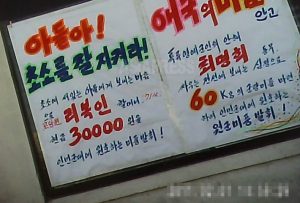
Kim adds that they collect money under new pretexts almost every day:
"They raised mobile phone and landline fees several times. Weather information on mobile phones used to be free, but they started charging for that too. There used to be a lot of long-distance buses, but now there are only a few because of increased taxes. It's like the government is just researching how to suck money out of people. They're so ruthless in taking money."
◆ 'Trying to squeeze water from dry wood' - Non-tax burdens
"Non-tax burdens" is a term that encompasses money and materials regularly collected from residents under the pretext of maintaining social infrastructure, such as repairing public facilities or operating the education system in North Korea, which officially claims to have no taxes. While public projects that should be covered by the state budget are essentially passed on to residents, what's more serious is that these non-tax burdens have become a way for mid- and low-level officials to line their own pockets.
The suffering of North Korean residents due to non-tax burdens has been consistently raised as a chronic social problem in North Korea.
According to a "top secret" document obtained by ASIAPRESS, the authorities issued a party-wide warning about non-tax burdens through a "Decision of the Political Bureau of the Central Committee of the Workers' Party of Korea" on February 27, 2020, in connection with issues raised at the Kim Il Sung Higher Party School, known as the highest institution for training Workers' Party cadres.
The document states, "Over the past two years, the staff and teachers of the Kim Il Sung Higher Party School... have committed the despicable act of burdening or extorting tens of thousands of dollars in funds and materials from students under various pretexts such as construction, equipment and assistance projects."
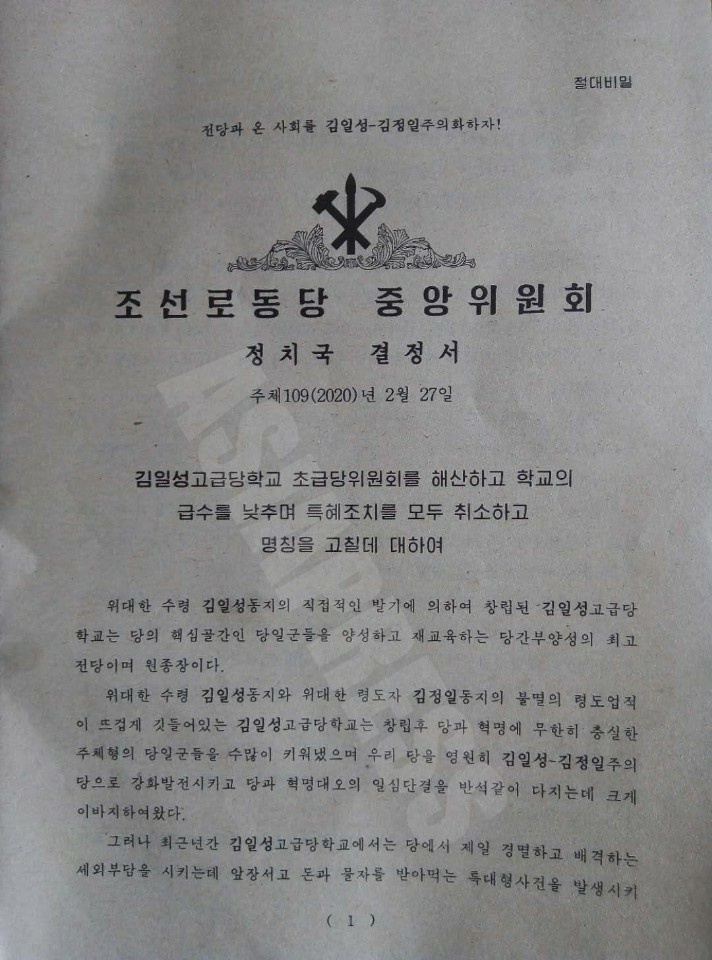
The Kim Jong-un regime even went so far as to create a "Non-Tax Burden Prevention Law" in July 2020, but its effectiveness appears to be minimal.
According to Kim Myung-ok, non-tax burdens have actually increased during the pandemic:
"People have to go to work no matter what, and companies keep demanding money. There are so many things they want money for. But where will the money come from? How do you squeeze water out of dry wood?"
◆ Another form of exploitation: Labor mobilization
Labor mobilization is a traditional method used by the North Korean regime to create value by deploying the unpaid labor of residents wherever the state wishes. This should be viewed as labor exploitation by the authorities, ranging from simple extracurricular mobilization of students to the deployment of overseas workers.
Rural mobilization, in particular, is North Korea's most prominent annual labor mobilization event. Kim Chung-yeol describes the state of rural mobilization in the spring of 2023, when he left North Korea:
"That time was the worst ever. They ordered everyone who could hold a spoon to come out and be mobilized. If an 80-year-old senior didn't come out for rural mobilization, people from the women's union and the neighborhood watch unit would come and scold him... In the past, if they came to crack down, it would just end in an argument, but since the spring of 2023, the approach has been completely different."
He says he'll never forget the sight of 8-year-old schoolchildren mobilized in the countryside that spring:
"Kids just a head taller than water buckets carrying water and spilling it everywhere. When I saw that, I thought our children would soon face the same fate, and it really broke my heart."
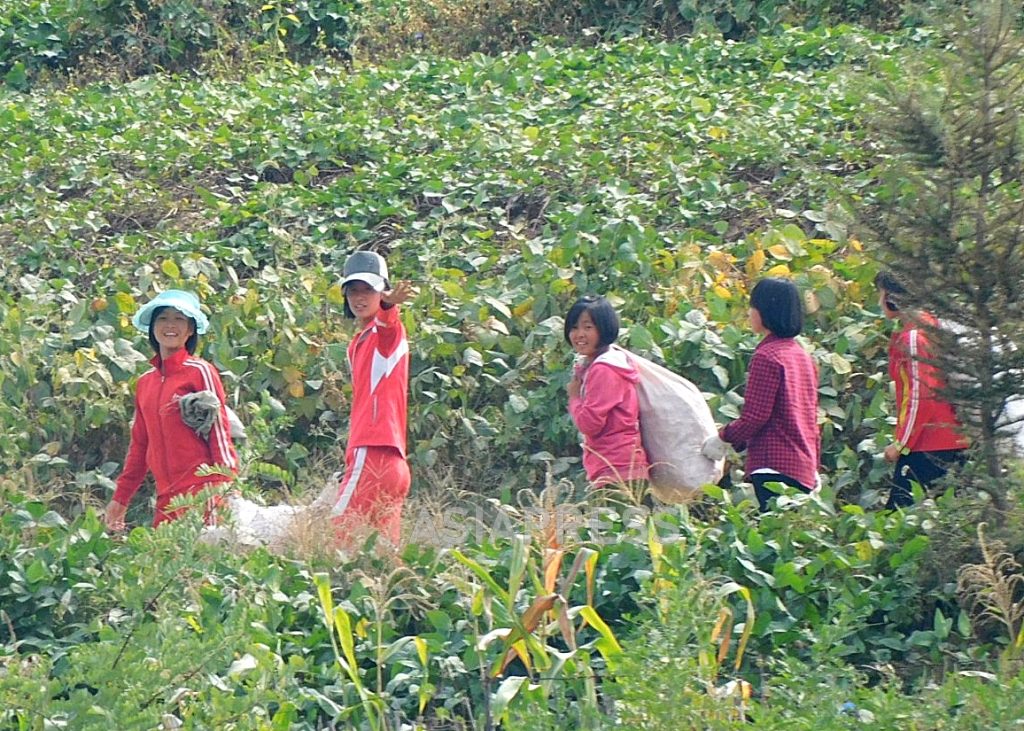
According to Kim Myung-ok, public sentiment is cold because of the frequent labor mobilizations:
"They keep talking about construction, but what are they constantly building? There's a saying among people that when a country is about to collapse, it starts with construction."
Kim Myung-ok adds that money is needed to avoid labor mobilization, and recently, as North Koreans have become more aware of the value of their labor, there's been a growing trend to replace mobilization with money whenever possible.
"It's the same with the women's union. If you just pay money, they won't let you participate in any organizational activities. Usually you have to pay 50,000 won a month, but they only make you pay 30,000 won. If you don't pay money, you just have to follow them."
While it's sad to see residents suffering under the regime's exploitation, what's more depressing is that this method can never solve the fundamental financial problems inherent in the system.
Even now, it would be a good choice for both North Koreans and the regime to drop the empty pretense of being a "tax-free country" and transform into a normal country with a sound tax structure. (To 9 >>)
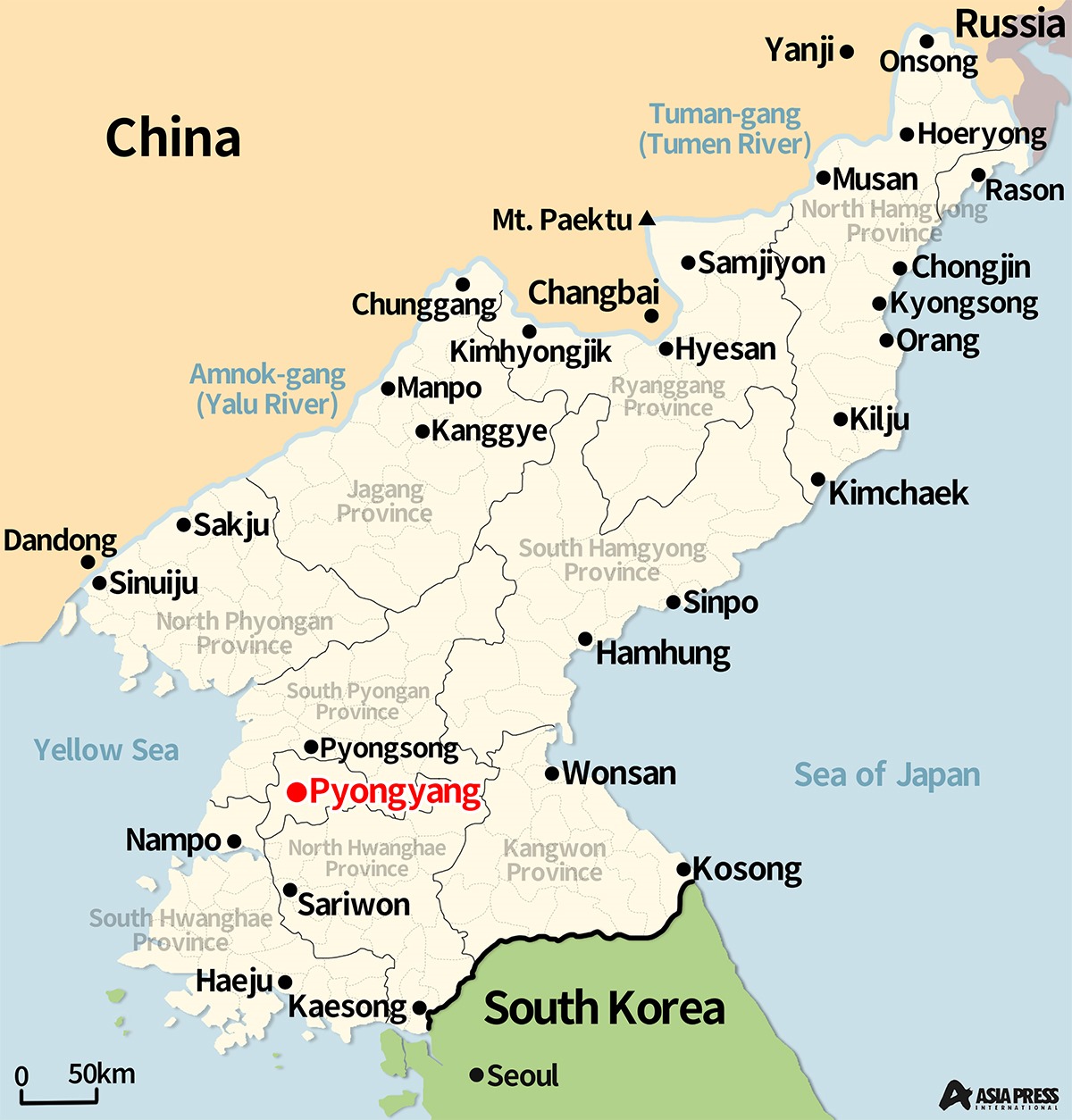
- <Lighting Up N. Korea's Four Dark Years> (10) The Capitalist Ghost Under the Socialist Roof (2) "Leave the Quota to Me" - Are Wealthy Individuals the Driving Force of Rural Economy?
- <Lighting Up N. Korea's Four Dark Years> (9) The Capitalist Ghost Under the Socialist Roof (1): From Private Ship Owners to 'Unions' Negotiating with the Central Party... Ship Owners Pushing Boundaries
- <Lighting Up N. Korea's Four Dark Years> (7) North Korea’s Pandemic Power Play: State Seizes Market Control as “Donju” Crumble
- <Lighting Up N. Korea's Four Dark Years> (6) Humanitarian Crisis is a Man-Made Disaster: Intensifying Chaos and Disorder... North Korean Version of 'War on Crime' as Told by COVID Survivors
- <Lighting Up N. Korea's Four Dark Years> (5) What Happened During COVID... "Drink Willow Branch Brew" - Misguided Quarantine Policies Only Led to Residents' Deaths
- <Lighting Up N. Korea's Dark Four Years> (4) “The People Are at the End of Their Tether”: A Country that Wants to Control Markets and Rule by Calories
- <Lighting Up N. Korea's Dark Four Years> (3) The Second Link in the Tragedy – Ruthless Quarantine Policy, "The State is Scarier than the Virus"
- <Lighting Up N. Korea's Four Dark Years> (2) The First Link in a Tragic Chain - Border Closure... "Corona Was a Nightmare, It Was Difficult to Buy Even a Single Needle"
- <Lighting Up N. Korea's Four Dark Years> (1) Almost the Only Escape Route -The New Generation ‘Donju’ Who Crossed the Sea Tell About COVID-19, Chaos, and Social Change
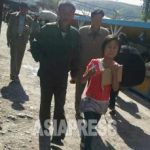
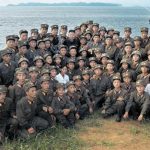
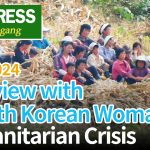
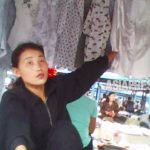
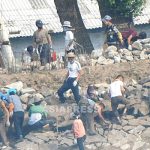
![[Photo Breaking News] Multiple Russian Vehicles at N.Korea-Russia Border, Including Unidentified Cargo (6 photos)](https://www.asiapress.org/rimjin-gang/wp-content/uploads/2024/10/01-2024-10-22-16.31.49_776ccf74-150x150.jpg)










